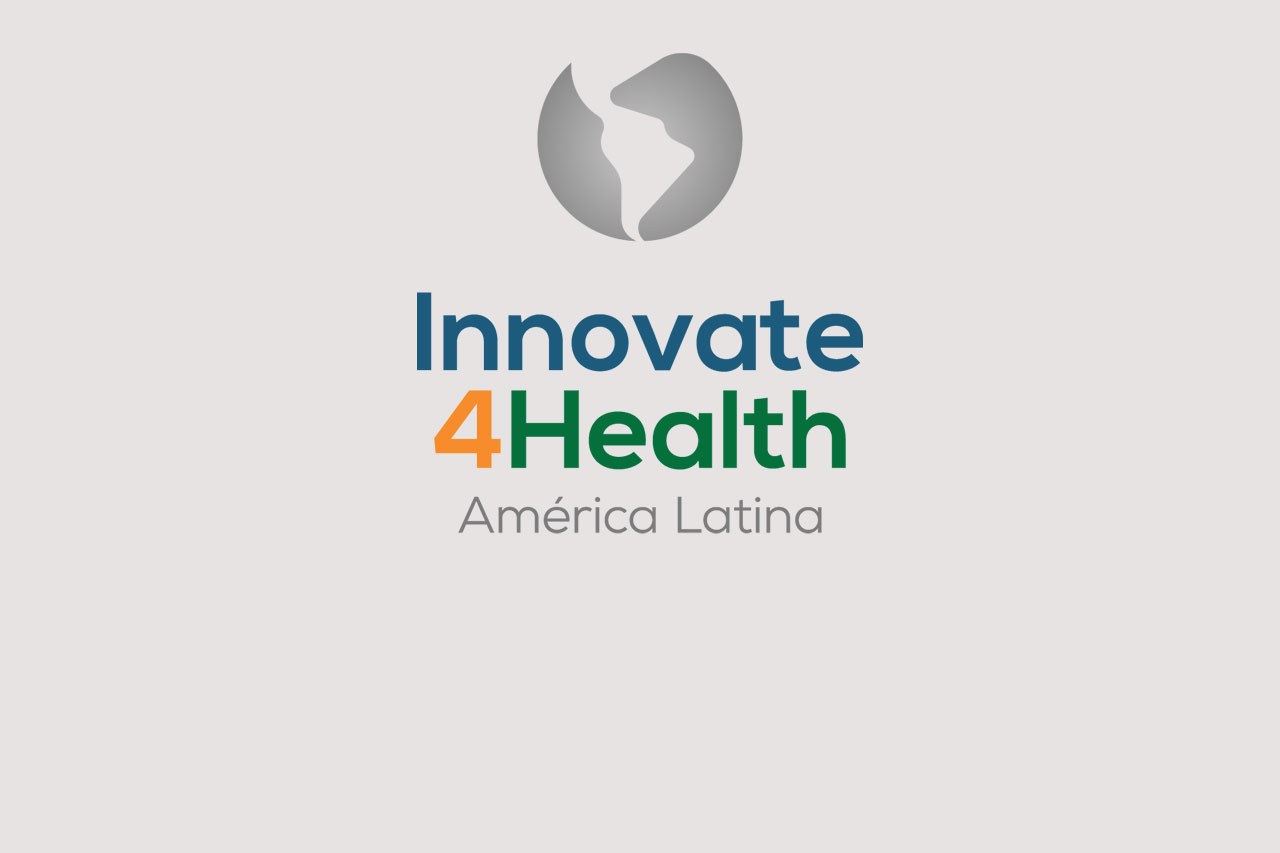The Innovate4Health project tells the exciting story of people who are solving the world’s biggest health challenges with innovation. The innovations we have profiled have focused on local inventors, meeting local challenges. It’s often people who are closest to the problem who have the best insights how to solve it.
In this next part of the Innovate4Health project, we are telling the stories of Latin American innovators. Innovate4Health Latin America will spotlight health innovation in Latin American countries.
Too often, the inventiveness of Latin American countries is overlooked. People everywhere are creative and inventive, and Latin America is no exception to this rule.
A recent story published by the World Economic Forum reminds us that Latin America has a proud history of invention. Notable inventions from Latin American inventors have included such every day items as color television and the ballpoint pen. The effect of Latin American innovators has been just as great in the life sciences, with inventions including the first oral contraceptive pill, the balloon stent, and the first artificial heart successfully implanted in a human.
This legacy continues to this day, and Innovate4Health Latin America will profile some of these exciting innovations coming from the region today. New medicines prevent or alleviate disease. New devices and software save the lives of infants, diagnose problems, and give a voice to the disabled.
Unfortunately, innovators in Latin America often face particular challenges. A 2013 OECD report found that the private sector in Latin American countries invests far less in R&D than in other regions. One reason is less of a focus on knowledge-intensive industries.
The difficulty is that businesses and inventors are less likely to invest in R&D if they feel their opportunity to secure a return on investment is not secure. Intellectual property rights are essential to providing this assurance, but they are often less effectively protected in Latin American countries.
For example, the 2018 Global IP Index ranked 7 of 9 Latin American countries in the index’s bottom half. Recent years have also seen greater interest in compulsory licensing, or simply disregarding, patents for important medicines.
These sorts of developments send a chilling signal to innovators and investors. There are many places to work, to do R&D, to set up businesses, and to sell products. Innovation is particularly risky business, so innovators watch such signals carefully.
Intellectual property rights are important to all innovators: from startups to multinationals, for locals and foreign investors. Individuals and smaller companies find IPRs to be particularly important, as they can not rely on advantages conferred by size, such as large R&D and marketing departments. Weakening IPRs hurts SMEs, as they have less to offer the potential investors and business partners they need to launch their products.
Innovate4Health Latin America helps develop a picture of what’s at stake. Despite often challenging business and legal environments, innovators are bringing important new products and services to market to meet global health challenges. Patients need more of such innovations. Latin American economies need more innovative businesses.
Innovate4Health Latin America will profile the creativity and innovation of those in the region meeting these challenges. It also will serve as an example of the vast potential of this region.
Our organizations, the Information Technology and Innovation Foundation (ITIF) and Geneva Network, have teamed up to tell the exciting story of how innovation is making the world healthier, and how Latin American innovators are contributing significantly toward meeting that challenge.
Throughout fall and winter 2018–2019, we will be telling these stories. Later, we will collect them into a report. Watch this space for updates. We will be providing links to new stories as well as news about our Innovate4Health report and events.




